(Reading The Sad Story of a Betel and Leaf Caravan by Ngo Lap - Writers Association Publishing House, Quarter IV/2018)
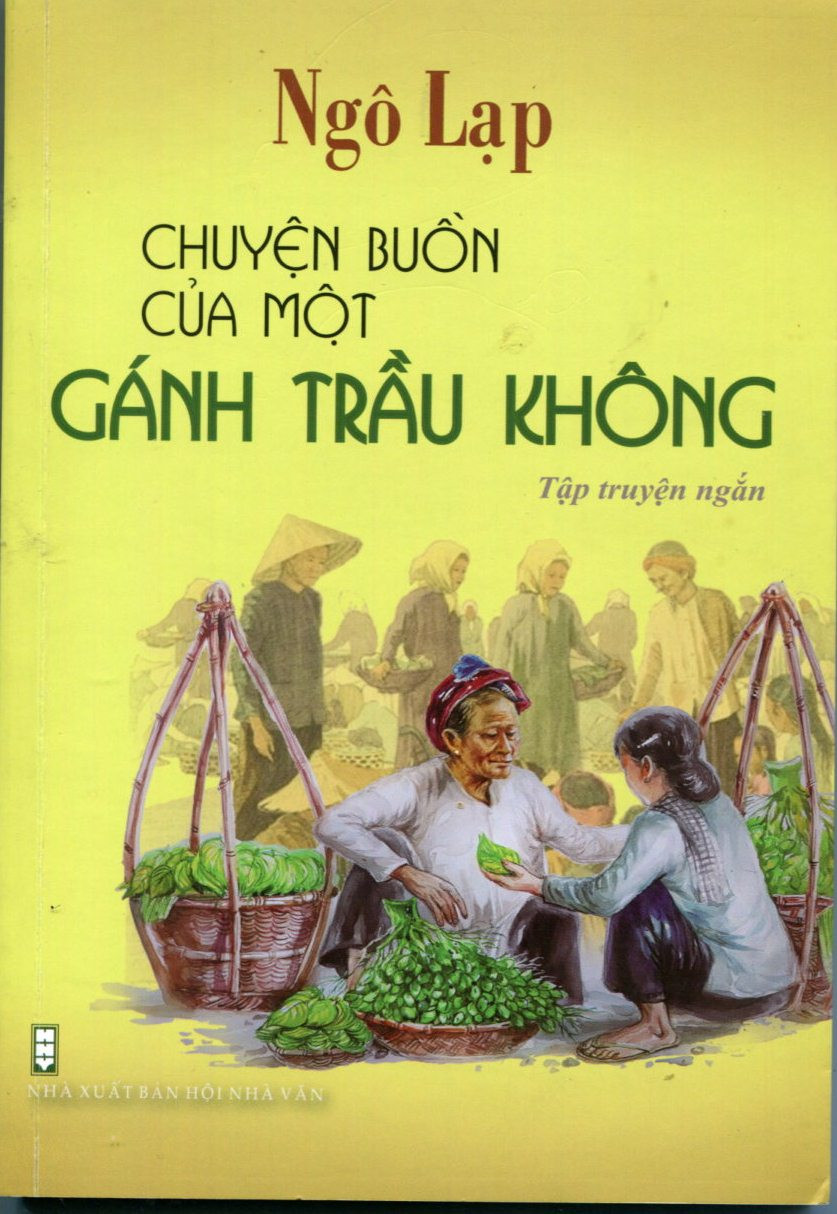
The short story collection “The Sad Story of a Betel and Betel Carrying Caravan” by Ngo Lap (Ngo Cong Thanh, Bac Binh) consists of 12 short stories. Most of the works in the collection revolve around the theme of students. The author is especially interested in and has a lot of affection for students, especially poor and unlucky students who are good at studying. In each work, the author transforms into a teacher who shares and sympathizes with his beloved students.
That is the tearful story of the smart, studious girl Vy, who was born with a congenital liver disease in the short story “Teacher, I Want to Live” which is so pitiful. Vy was born into a poor family, her father was paralyzed in both legs and had to use a wheelchair to sell lottery tickets, and her mother had a heart disease and could not do heavy work. Vy’s skin was always pale yellow. Knowing that she was sick, “her parents could not take her to the doctor because her family was too poor!”. Vy’s illness became serious when she was in seventh grade. Vy’s sharing made readers emotional. Vy’s only small wish was to live so that she could become a teacher to help her father every day without having to sell lottery tickets. And when lying in the loving arms of her teacher, she exclaimed: “Teacher, help me! I don’t want to die!”. Such a gentle and lovely girl, but unlike the stories in fairy tales, there was no miracle to help her overcome her illness. And what had to happen happened, she passed away, leaving her family, teachers and friends in mourning.
Sharing the same fate as Vy, My Lan's situation in the short story "Fifteen Paper Cranes" is truly pitiful. My Lan is smart and a good student, but unfortunately she has bone cancer. Although she is in great pain and faints and knows that she will not live long, My Lan is still determined to go to school to listen to her teachers' lectures. She wants to get her high school diploma before she "leaves". During the year-end ceremony, the principal "was moved to tears, advising students to follow My Lan's example, to study hard to become useful people for the country". My Lan is a symbol of the spirit of learning, she is loved and respected by her friends and teachers.
Not as tragic as Vy and My Lan, but the short story “A magical night” makes readers shed tears of sympathy for the children in the highlands. Because of difficult family circumstances, they cannot afford to go to school, but they still dream and aspire to learn. In this short story, the author transforms into a young man who gets lost in the forest and accidentally meets two sisters fishing in a stream. When meeting the two girls, the young man asks: “Do you go to school?” Then My, the younger sister, replied: “How can I go to school? I was born in the mountains. I have to work with my mother and sister every day to earn food and clothes. I also really want to learn to read and write”… The young man exclaimed after hearing the sincere confession of little My: “How pitiful! There are so many people who are not lucky enough to go to school, or only learn very little. For them, education is a luxury, something very distant and abstract. The reality of daily life does not allow for unrealistic dreams and they have to fight to survive in the middle of nature”…
There are many other touching stories in Ngo Lap's short story collection, but the one that lingers and leaves the most impression on readers is the short story "The Sad Story of a Betel Carrying Cargo", the work with the same name as the title of the book. The story tells about the miserable life of a ninety-nine-year-old grandmother living with her grandchild. Her entire youth was associated with the betel carrying cargo. Every day she walked more than twenty kilometers with the betel carrying cargo on her shoulder to raise her three children to become good people. But then "during her old age, no child took care of her, she lived alone with her beloved grandchild". Her delirious, crazy words echoed in the quiet night, like a deep sigh: "Nam, wait for me to go with you. My betel carrying cargo is too heavy... Bay, sell me a pair of sandals for two thousand, my sandals are broken. Every day carrying betel carrying cargo, I walk twenty kilometers, what kind of sandals can bear it, my child?..." It was heartbreaking to hear.
A widowed grandmother who spent her whole life worrying about her children and grandchildren, living a tolerant life without a single word of complaint or reproach. A student who knew he would not live long but was determined to pursue his studies to the end. A child living in the forest, wandering here and there, still longing for the day he could go to school. A little girl who had been sick since she was young, but had no money for treatment, had to accept a heartbreaking ending… Those pitiful images have planted in people's hearts many thoughts, many questions, many concerns about human life.
Ngo Lap's stories do not surprise readers, but they attract readers with their skillful details and expressions. From the dialogue to the characters' personalities and psychology, they are very suitable for the setting and context of the stories. Closing the book, readers will feel sad. Sad for the unfortunate lives, sad for the difficult lives of poor students, sad for the dreams of going to school of children in the highlands and sympathize with the characters in the work.
Source




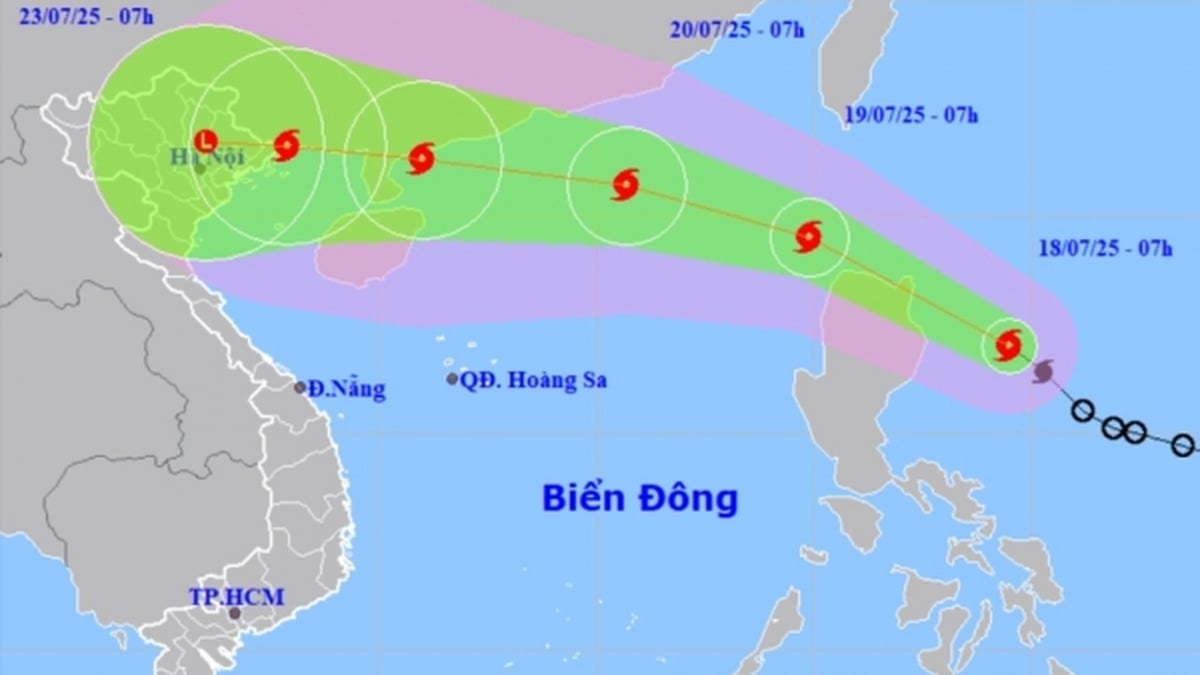

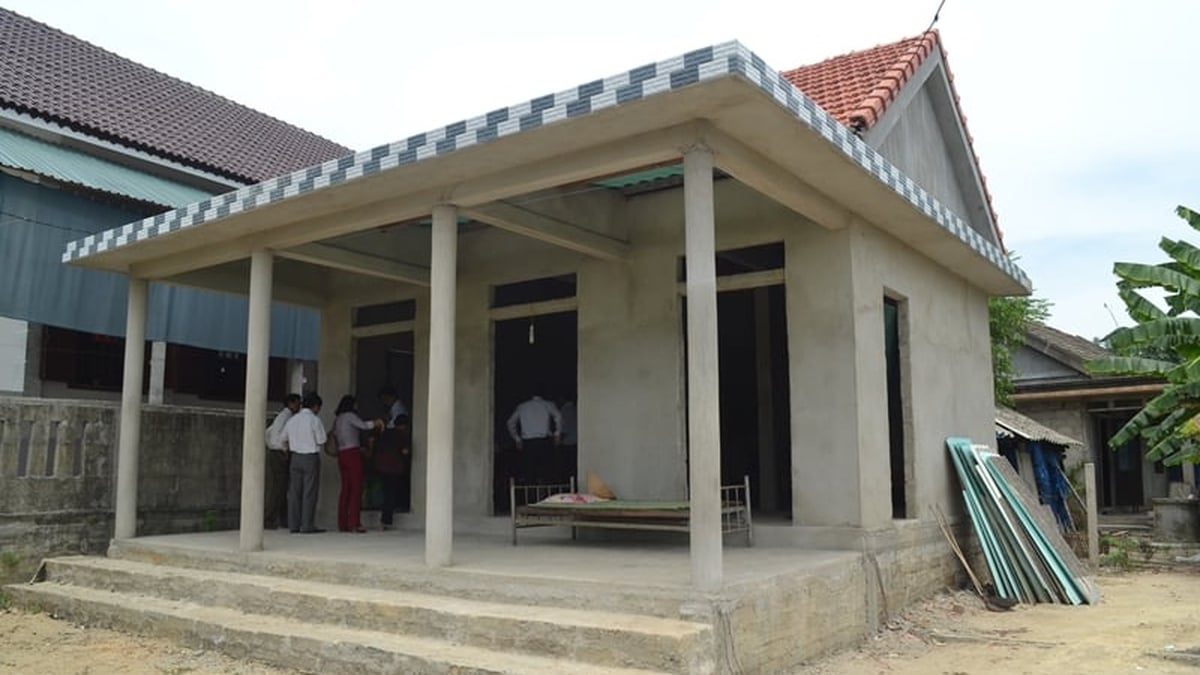

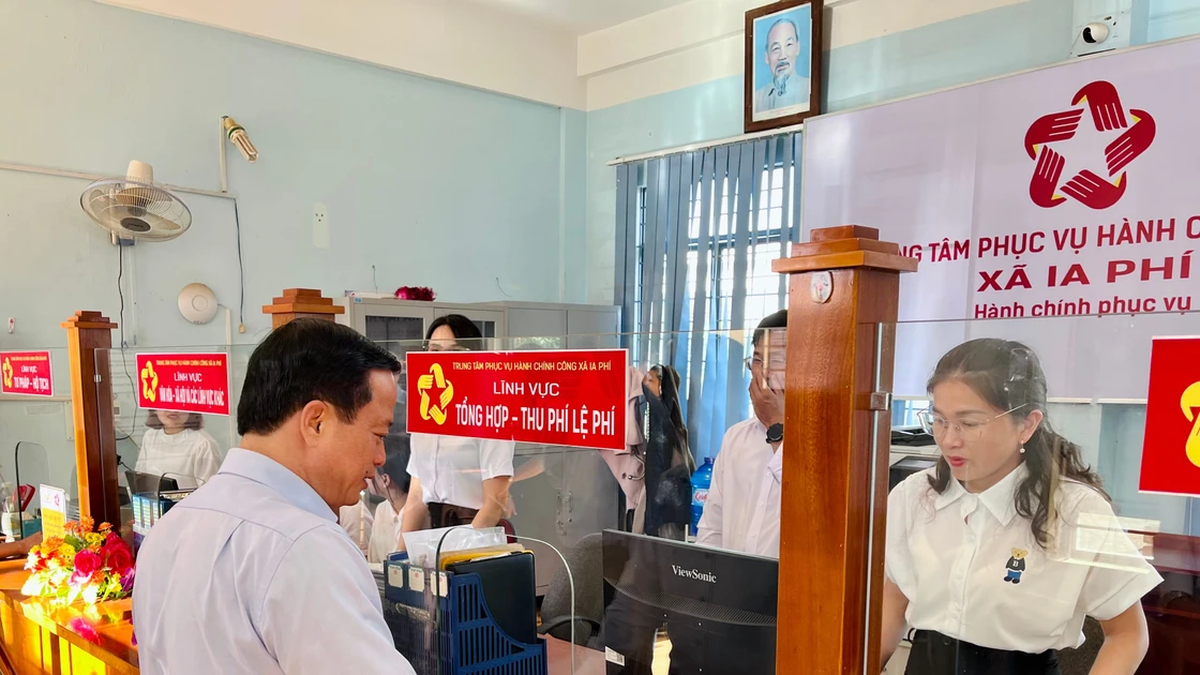


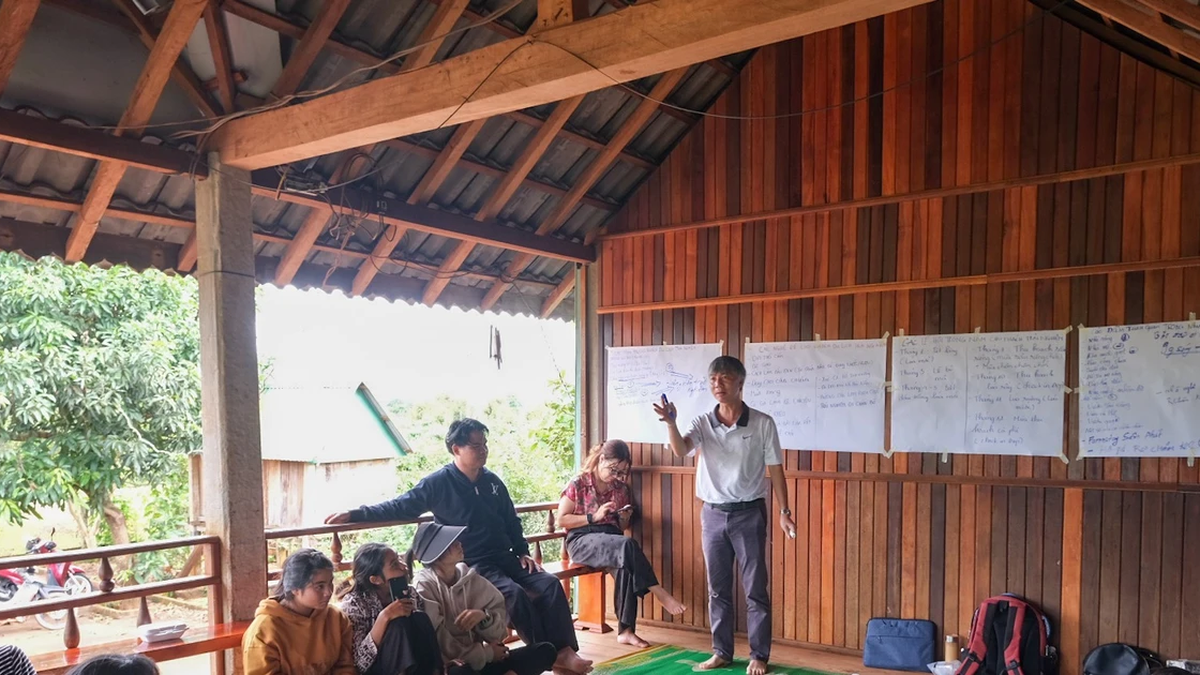

















































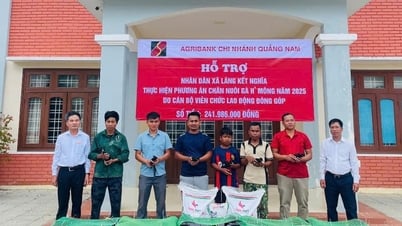

































![[Infographic] In 2025, 47 products will achieve national OCOP](https://vphoto.vietnam.vn/thumb/402x226/vietnam/resource/IMAGE/2025/7/16/5d672398b0744db3ab920e05db8e5b7d)







Comment (0)